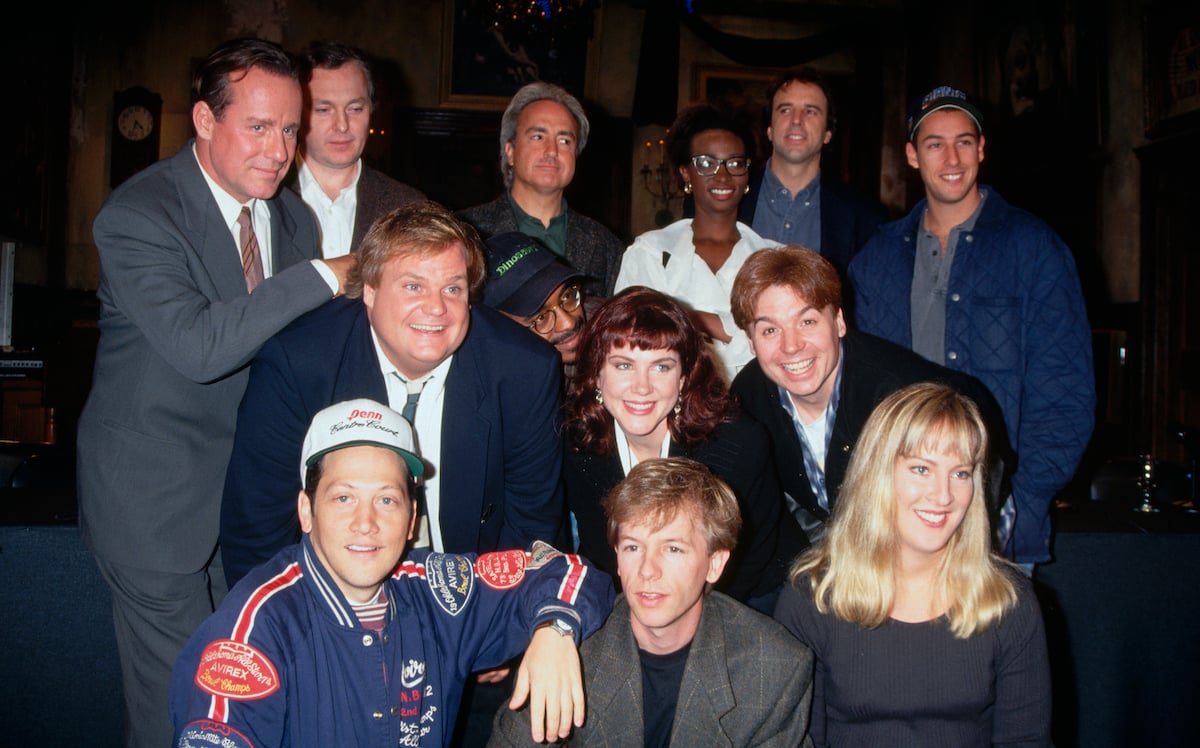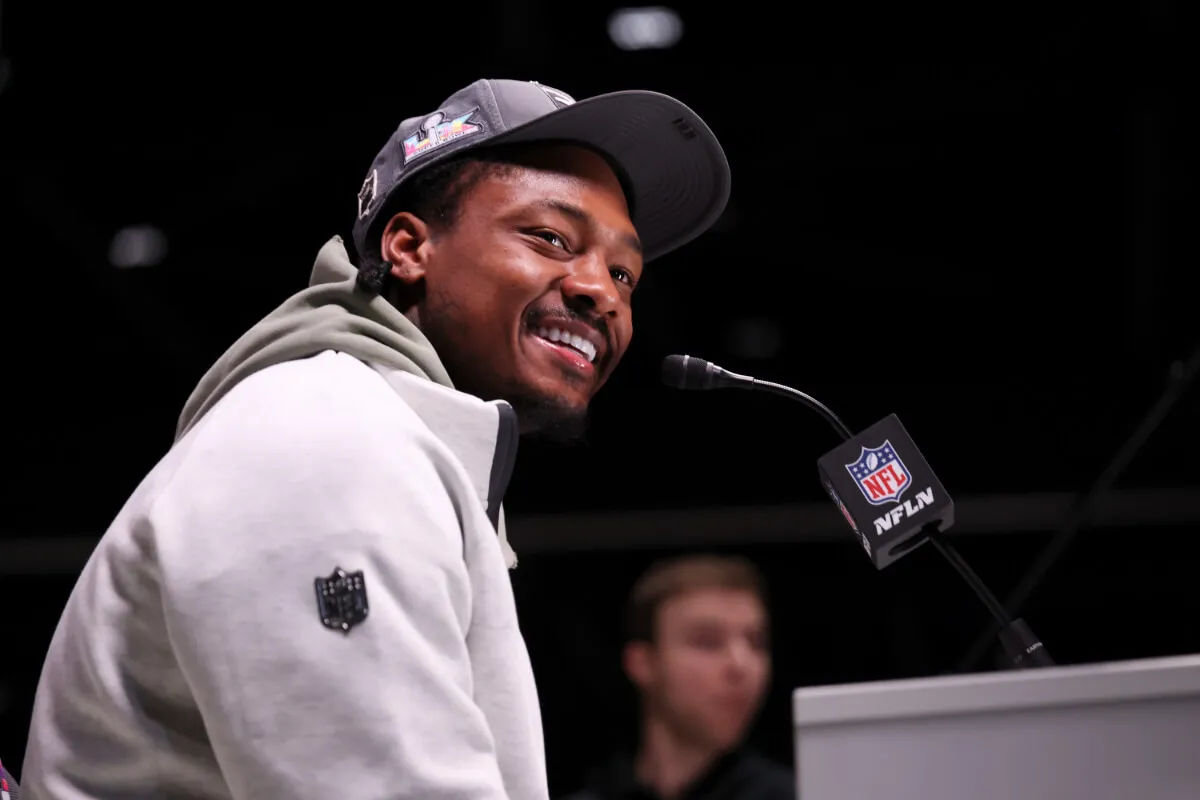A ‘Really Worried’ Lorne Michaels Got Chris Farley a Famous Sober Sponsor Before the Comedian’s Overdose: ‘He Had Too Much Fun’
Chris Farley was a staple on Saturday Night Live in the early ’90s. His uncanny ability to make people laugh helped him develop a successful career as a comedian. Known for his quick timing and boisterous energy, Farley also experienced a reputation for partying hard.
He became known as one of the “Bad Boys Of SNL,” causing trouble on and off camera with fellow comedians Adam Sandler, Chris Rock, Rob Schneider, and David Spade. In 1995, producers had enough of their antics and fired Farley and Sandler from the show.
SNL creator Lorne Michaels knew Farley was on a path to destruction and worried about the fate of the young comedian. He desperately tried to get Farley help, even bringing in a famous actor to be his sponsor. Unfortunately, Michaels could not protect the jovial comedian.
How did Chris Farley die?

At the age of 33, Farley died from a drug overdose after a four-day bender. The legendary comedian consumed massive amounts of alcohol and narcotics and died in his Chicago apartment on December 18, 1997.
According to Silver Lining Recovery, “Farley made at least 17 trips to treatment programs, attempting countless different recovery techniques.” He was reportedly addicted to cocaine, heroin, alcohol, marijuana, mushrooms, and food.
After his death, CNN reported that the coronary arteries narrowing was a significant contributing factor in Farley’s death. His weight of nearly 300 pounds combined with excessive opiate use likely exacerbated heart issues. Toxicology reports showed evidence of morphine and cocaine in his bloodstream at the time of death. His lungs and liver showed signs of extreme substance abuse.
The news saddened friends and fellow comedians but did not shock them. The Chicago Tribune reported his death “came as little surprise to those who knew him.” It reported that he “seemed for years to be careening out of control, struggling with addictions and outsized appetites.”
‘Saturday Night Live’ producer Lorne Michaels tried to intervene
Farley was raised in Madison, Wisconsin. In 1986, he graduated from Marquette University, where he majored in theater and communications. The following year, he moved to Chicago and joined the Second City improv group.
In 1990, Farley became part of the revered cast on SNL. His comedic genius allowed him to play a wide range of characters, including a Mike Ditka superfan, lunch lady, Chippendale dancer, and, of course, Matt Foley, who lived in a van down by the river.
Farley also starred in box office hits such as Tommy Boy, Black Sheep, and Beverly Hills Ninja. Originally cast for movies such as Kingpin, Cable Guy, and Elf, he could not participate due to his many demons. Farley was supposed to play the lead role in Shrek and even recorded nearly all of the dialogue before his death. Actor Mike Meyers eventually replaced him. He did not want Farley’s name attached to the project.
During his five years with SNL, Michaels tried to help the overindulgent comedian. When Farley performed a skit impersonating comedian Tom Arnold, the executive producer introduced the pair. They instantly hit it off. In a recent interview with Howard Stern, Arnold discussed his relationship with the struggling comedian, revealing Michaels asked him to help Farley attain long-term sobriety.
Chris Farley’s sober sponsor, comedian Tom Arnold, tried to help him
Arnold said, “Lorne Michaels called me, and he said, ‘You have a lot in common with Chris Farley. Would you please spend time with him?'” The actor explained, “He wanted to be sober, and I think Lorne really worried about that, and so I was his sober sponsor for a few years.”
The True Lies actor says he befriended Farley and the two became close. He remembers telling the comedian, “You can’t be fat and do drugs. You just can’t be that fat. You’ve got to pick one.”
Saying that it was “very sad when he died,” Arnold recalled a time when Farley started avoiding him. He explained it was frustrating because he was trying to help his friend make better choices. Farley didn’t want him to see that he was struggling with making those changes.


